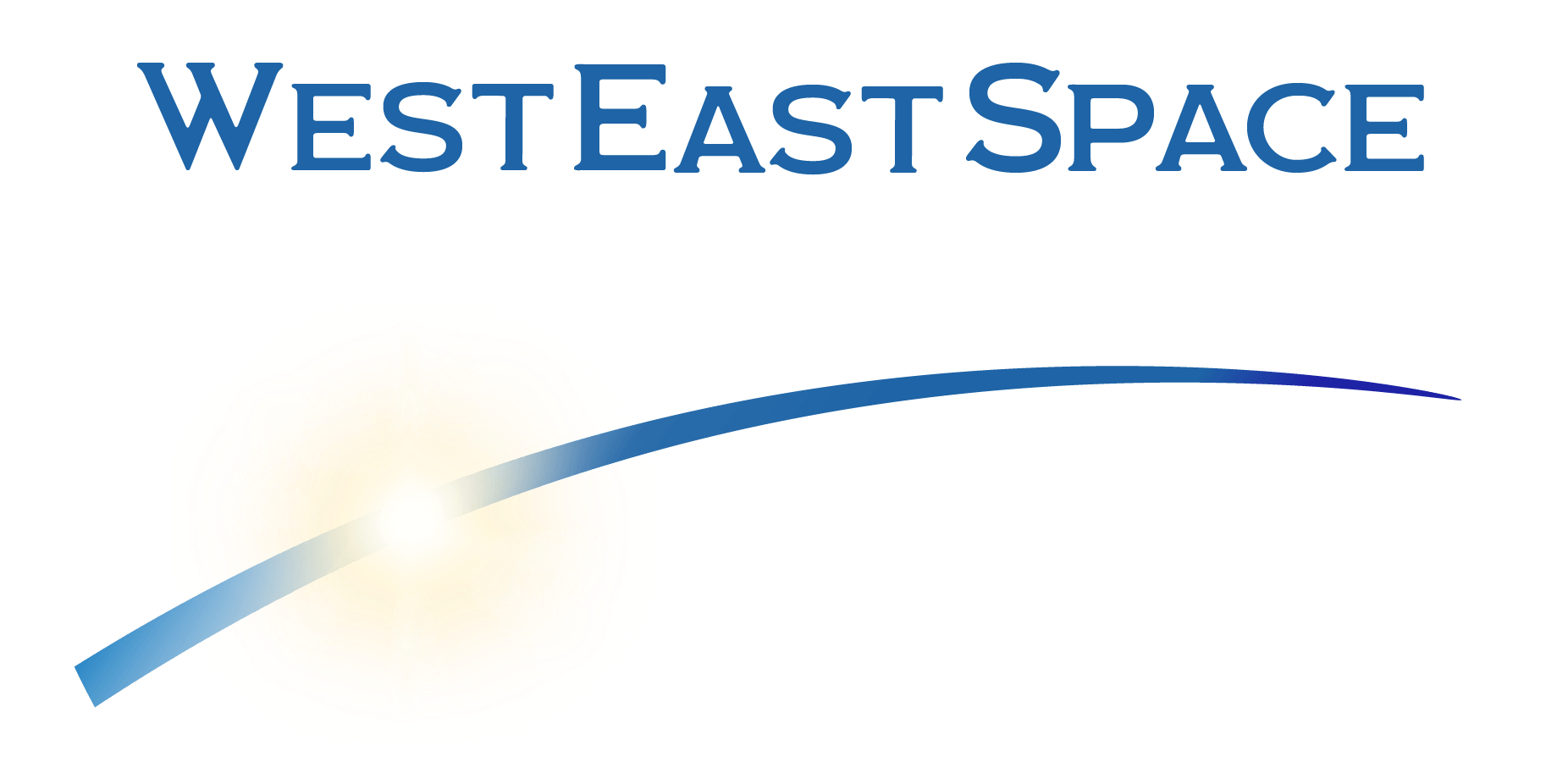Us Holds Back In Spite Of China Offering International Cooperation
By Bill D’Zio
June 19, 2019

Summary of the 2016 United Nations’ 59th session of the Committee on the Peaceful Uses of Outer Space Affairs (COPUOS) in Vienna.
In 2016, China’s Wu Ping, deputy director of the China Manned Space Agency (CMSA) shared intentions for building a mini International Space Station (ISS). In addition, Wu Ping expressed interest to help upcoming countries develop their space programs in collaboration with China. United Nations Office for Outer Space Affairs (UNOOSA) and CMSA signed some agreements laying out the framework for this endeavor.
UNOOSA and CMSA will “work together to enable United Nations member states, particularly developing countries, to conduct space experiments on board China’s space station…” the UN said in a press release.
International Cooperation In Human Space Flight
The two sides will also “promote international cooperation in human space flight and other space activities, increased awareness of the benefits of human space technology and its applications, and capacity-building activities in space technology.” which opens the door for China to provide flight opportunities for astronauts and payload engineers of from other countries. Wu said the agreement will “promote international cooperation on space exploration, and create opportunities for United Nations member states, particularly developing countries, to take part in, and benefit from, the utilization of China’s space station.”
UNOOSA director Simonetta Di Pippo added that the agreement was “…exciting opportunity to further build the space capacity of developing countries and increase understanding of the benefits space can bring to humankind…”
China is developing its own version of GPS. China continues to develop satellite technology that is ITAR free and that which can rival the US commercial offerings. China has progressively built more complex and sophisticated launch vehicles, both human rated and heavy lift. China continues to ink deals with other nations for technical cooperation even against the dismay of the United States.
Not So International Cooperation In Human Space Flight
But not everyone echoed the same sentiment of cooperation. China is currently blocked from co-operation with NASA and as a result the ISS. The 112th United States Congress banned NASA from engaging in bilateral agreements and coordination with China.
Implications Of US Law
Pursuant with this law, Chinese agencies and Chinese companies are excluded from participating with NASA on manned spaceflight because the of risk of technology transfer. Although there are opportunities for the USA and China to cooperate, NASA needs the express permission from the US Congress prior to engaging in any activities. Until this law is lifted, it is unlikely that the US will participate in any manned spaceflight program with China.
In typical Chinese style, however, the US Laws are not stopping the expansion into space. With US and China relations continuing to be strained, it is unlikely that there will be a near term reversal of this ban on cooperation. In the mean while, China is diligently progressing towards their space goals, and gathering support from other nations in spite of the United States and without the help of NASA.

The Future of Chinese Cooperation In Space
As China’s space program becomes more ambitious, China will continue to seek out new alliances. These new alliances will in the future potentially rival the current US cooperation of the International Space Station. The USA will continue to look to keep China in check For the meantime, the Chinese are starting to flex their international muscles and are inviting potential partners to collaborate on various space programs and may be looking to break the US domination in the space market.
About The Author

Bill D'Zio
Co-Founder at WestEastSpace.com
Bill founded WestEastSpace.com after returning to China in 2019 to be supportive of his wife's career. Moving to China meant leaving the US rocket/launch industry behind, as USA and China don't see eye to eye on cooperation in space. Bill has an engineering degree and is an experienced leader of international cross-functional teams with experience in evaluating, optimizing and awarding sub-contracts for complex systems. Bill has worked with ASME Components, Instrumentation and Controls (I&C) for use in launch vehicles, satellites, aerospace nuclear, and industrial applications.
Bill provides consulting services for engineering, supply chain, and project management.

Dear Bill, greetings. Looks good. Looking forward to hear more. Thanks Kwong